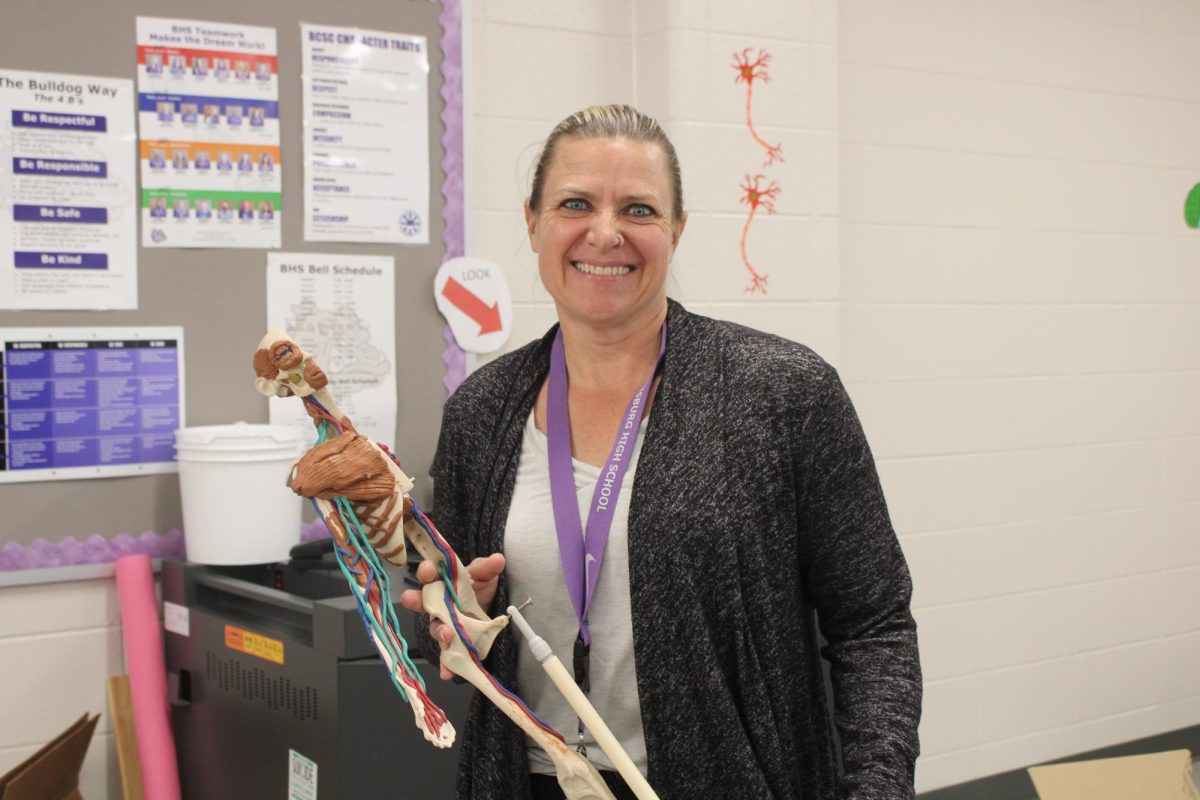Getting to know your period is something that can be embarrassing to ask about or to bring up, especially the older you age. Understanding how your reproductive organs work helps keep us informed and able to educate!
This guide is here to break it down in a simple way- no unknown science talk, no judgment and no stress whether you’ve already started your period or you’re just curious about what to expect.
What is a menstrual cycle?
According to the Mayo Clinic, a menstrual cycle is the “monthly series of changes the body goes through to prepare for pregnancy. Each month, one of the ovaries releases an egg. This is called ovulation. Hormonal changes at this time get the uterus ready for pregnancy. If the released egg isn’t fertilized during ovulation, the lining of the uterus sheds through the vagina. This is a menstrual period.”
Let’s break it down (phases)
A menstrual cycle lasts around 21-45 days. Now, this isn’t all just bleeding (luckily). This includes different phases, starting with the “period” where the lining of your uterus sheds which is known as menstruation (days 1-7).
Next is what’s called the follicular phase. This is when the eggs mature in the ovaries, and the uterine lining thickens (days 1-12).
After this phase is ovulation, which are your most fertile days. This is when an ovary releases a mature egg (days 12-15).
The last phase before your cycle repeats is called the luteal phase; the body experiences a rise in progesterone, which helps thicken the uterine lining in preparation for a potential pregnancy. If there is no pregnancy and no fertilization, then your lining sheds! (days 15-28).
Symptoms
It’s important to note that no one’s period works like clockwork. All these days occur at different times for different women. There is no normal when it comes to the menstrual cycle.
The most common symptoms that are widely known are cramps and mood swings. But there are so many more that happen throughout your entire cycle!
When the egg is maturing in your ovaries (follicular phase), women may physically feel a boost of energy from the boost of estrogen levels during this time. Physically, women’s bodies will prepare for ovulation.
When the egg is released (ovulation) women may have mood swings. Physically, some women experience light spotting, slight cramping, pain on one side of the pelvis, breast tenderness and abdominal bloating.
As your body prepares for potential pregnancy (luteal phase), women experience what is most commonly known as PMS (premenstrual syndrome)! Women may experience mood swings, irritability, anxiety and stress. Physically, women may experience breast tenderness, bloating, headaches, fatigue and food cravings.
Finally, menstruation is everyone’s favorite… Emotionally, women may experience fatigue and potential mood changes. Physically, women may experience menstrual bleeding, cramps, lower back pain and headaches.
Tracking
One way you can learn about your symptoms is downloading a period tracker to understand what phase you may be in. There are many apps such as Flo, Clue, Glow and Ovia. These are easy to download on your phone to help out! Not only can the apps predict when you may start your period, but you can log symptoms and learn more about your body!
Products
It can be a trial and error process when trying different products. Some women may use tampons, pads and diva cups. It’s common for women who have just started their menstrual cycle to use pads because cycles may be heavier, and it is easier to understand how to use. Tampons are intimidating to a lot of women and can cause stress when trying to figure them out. Although many athletes and all types of women use them for practicality and for worry-free exercise. There are also a plethora of sources and videos on “how to do” as well! Depending on your flow, there are different pads for light, medium or heavy flows. A lot of women are also switching to diva cups for sustainability.
Conclusion
Having a period is nothing to be ashamed of or embarrassed about. There were some things that weren’t covered, and it’s important to ask questions to someone you trust! Don’t be afraid to speak up and ask for help! Stay informed, and learn more about women’s reproductive system!



























